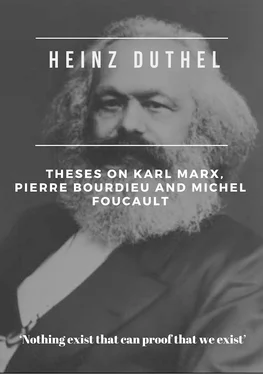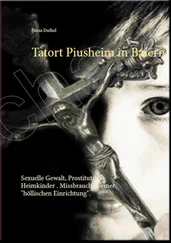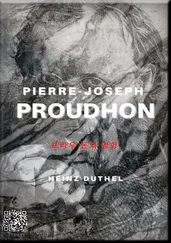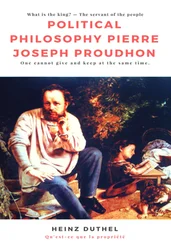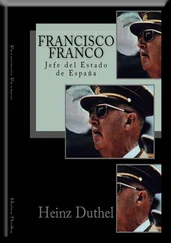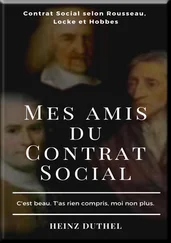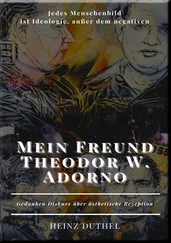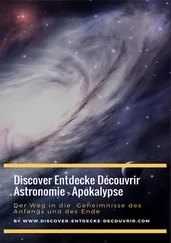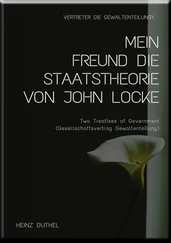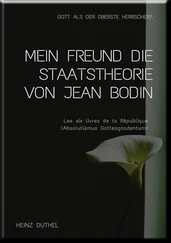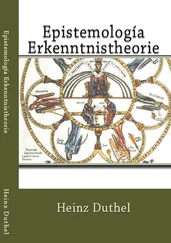[Butler, 1997 #341, p 180-1, note 21]
A theory of ideology might provide a structure, which might otherwise be lacking in Michel Foucault and Pierre Bourdieu’s work, which otherwise fragments human activity, discourses and dispositions. The habitus has a source located in the social context and social structure; it reflects the production of mental categories via dispositions, is contextualised, is class relative and generates practice. So, to some extent it might be argued that the habitus is little more than ideology in practice. There are differences though and there is an advantage in seeing habitus, ideology and discourse, as distinct tools. Ideologies may be more covert systems of ideas, which may achieve their expression through engaging in discourses. Discourses are more overt, based in linguistic expression and involve agents in participation with others in a social field. At this point, I will move on to considering a conceptualisation and an operationalisation of ideology and discourse.
3.3 The Place of Ideology and Discourse
There is no social practice outside of ideology
[Hall, 1985 #637, p 103]
To study ideology is to study language in the social world.
[Thompson, 1984 #331, p 2]
There are some acts that only speech can perform. But there are some acts that speech alone cannot accomplish. You cannot heal the sick by pronouncing them well; you cannot uplift the poor my declaring them to be rich.
(Henry Louis Gates Jnr.)
In this section, I discuss the problematic nature of ideology and its relation to discourse. I begin by considering the limitations in some previous approaches to ideological descriptions, by seeing ideology as a coherent set of ideas related to social organisation and functioning. In rejecting ideology as ‘false consciousness’, I present an alternative approach where instead we see ideology as representing fundamental and often unchallenged, taken-for-granted positions, concerning the working of society and relations between individuals and groups within it. I move onto considering the nature of discourse and consider my orientation toward it, in particular by elaborating the distance between myself and a Foucauldian conception of discourse and power.
3.3.1 Mapping teacher ideologies
There have been several attempts to investigate the ideological positions taken up by teachers, such as Paul Ernest’s ‘five ideologies’, Mairead Dunne’s ‘three teacher ideologies’ and Máirtín Mac an Ghail’s ‘three plus one’ ideological positions’. In addition, some studies have looked at teacher educator ideological discourses [Beyer, 1987 #777; Grundy, 1995 #135]. I will very briefly describe these approaches.
Paul Ernest’s ‘five ideologies’
Paul Ernest defines ideology as:
competing belief systems combining both epistemological and moral value positions.
[Ernest, 1991 #210, p 111]
From this he describes five “ideologies” [Ernest, 1991 #210] of mathematics education, derived from Raymond Williams’ analysis of the social groups that have influenced the education system [Williams, 1961 #675]:
• Industrial trainers
• Old humanist
• Public educators
• Technological pragmatist
• Progressive educator
There is however often slippage in Paul Ernests’ writing, over the use of ‘ideology’, ‘perspective’, ‘values’, ‘beliefs’, ‘personal philosophy’ and ‘position’. What Paul Ernest’s analysis usefully does is to map ideologies onto some underlying social perspective which provide a useful framework for analysis. It is not however an empirical study, and produces idealistic categories rather than material classifications. Paul Ernest does recognise this oversimplification in his account [Ernest, 1991 #210, p 140]. Consequently, this model of ideology is more analogous to the structural models of teachers’ knowledge, than to those in ideology. Such characterisations as we are offered are closer to idealistic typologies than grounded descriptions of lived ideologies. Such typologies however are useful in understanding and characterising the nature of broad allegiances within the teaching profession, but in my view fail to provide a clear account of what goes on in mathematics classrooms or in the heads of teachers.
Mairead Dunne ‘three ideologies’
In her doctoral Study, Mairead Dunne offers three mathematics teacher ideologies that she constructed a priori and offered to groups of teachers in an attempt to identify ideological positioning. Her categories are not too dissimilar from Paul Ernest’s generic ideologies [Dunne, 1995 #650, pps 106 – 115].
• Traditional
• Child-centred
• New right
Máirtín Mac an Ghail ‘three plus one’ ideologies
In his study of approaches to black youth in schools, Máirtín Mac an Ghail offers three plus one ideological positions created out of summaries of surveys of large numbers of teachers [Mac an Ghail, 1988 #651, pps 46 – 49] which he defines as:
• Old disciplinarians
• Liberals
• New right
• All those who don’t fit in the other three.
Teacher educator’s ideological discourses
In exploring the ideologies held by teacher educators, Landon Beyer and Kenneth Zeichner argue that there is a single dominant ideological discourse in teacher education - that of the conservative ideological discourse of “technocratic rationality” [Beyer, 1987 #777]. In re-appraising this position, and distancing themselves from it, Shirley Grundy and Elizabeth Hatton identify several ideological discourses in Australian teacher education [Grundy, 1995 #135, p 11 et. seq.], which they designate as:
• Social reproduction
• Social fulfillment
• Social agnosticism
• Social transformation
This approach is distinct from previous ideology critiques inasmuch as it is an empirical study of the positions held by the members of a teacher education department. Its context is limited however to being a study of positions on “the purpose of education in relation to the current social order” [Grundy, 1995 #135, p 10] and consequently the ideological categories developed reflect that focus.
3.3.2 Approaching a sense of ideology
Ideology is not a concept that has a clear and accepted meaning, and, possibly connected to this, is often treated with a high degree of abstraction. One weakness of previous studies of ideology is that they have either been locked into being a feature of social structure, rather than human agency or they fail to identify the structure of an individual’s consciousness. These approaches underestimate the capability of individuals to think and act autonomously. A useful direction for an operationalisation of ‘ideology’ is as the structure of ideas about society and the relations between the individuals within it and how power is used in order for society to function. Ideology is an element in the constitution of individuals; it is also about how we elaborate meaning, interpret behaviour and how we shape our reality and social relations with others. Karl Marx and Antonio Gramsci see a study of ideology as necessarily related to a theory of power located within social antagonisms and class struggle [Giroux, 1997 #386, p 75]. Ideology is about the study of discourses, but is also embedded in the interests that discourses serve and benefit. Hence, studies of ideology must look further than the individual interaction toward the sectional interests of dominant and dominated groups in society. A critique of ideology therefore is an exposure of power relations. Herbert Marcuse argues [Marcuse, 1955 #661] that ideology is rooted both historically and socially in the socio-economic conditions prevailing, but also in the history of disposition and habits. This distinction between ideological underpinnings and dispositions is quite critical in first understanding how human agency operates and second in helping us conceptualise how we might influence current models of schooling through an awareness of the limits and possibilities for teacher change and development.
Читать дальше
